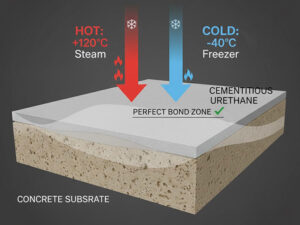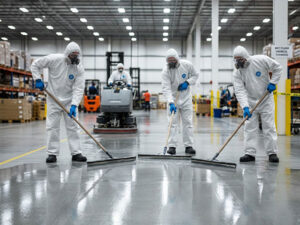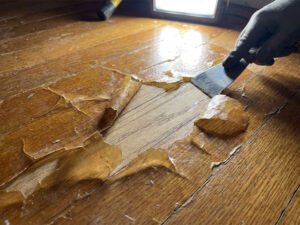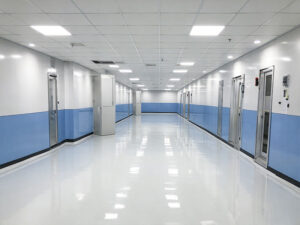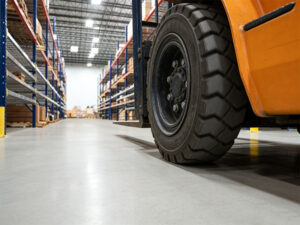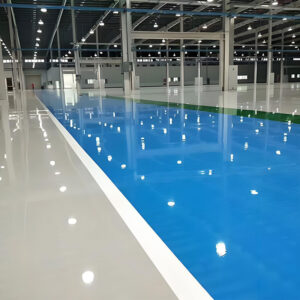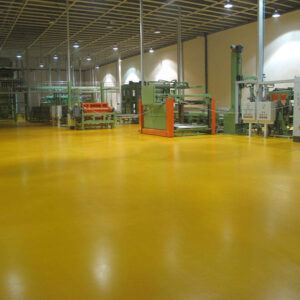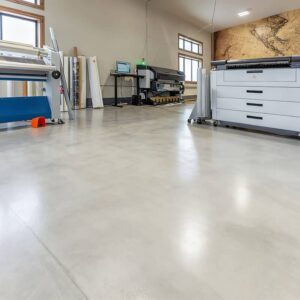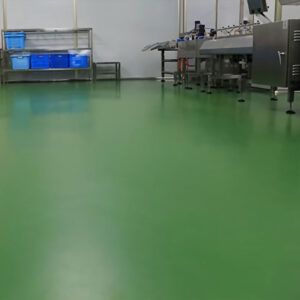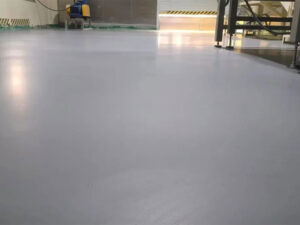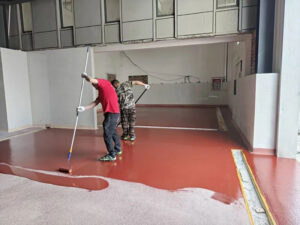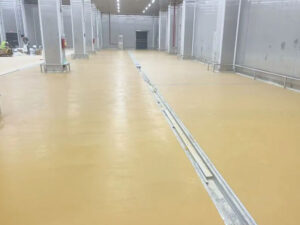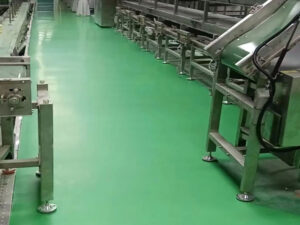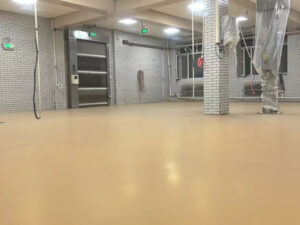Epoxy floors have become a top choice for durable, high-performance flooring in residential, commercial, and industrial settings. But is it the right solution for your space?
Before installation, it’s crucial to compare the benefits and drawbacks of epoxy flooring. While it offers long-lasting protection and easy maintenance, it may not be suitable for all environments.Below, we break down the key pros and cons of epoxy flooring to help you make an informed decision for your property.
Epoxy flooring comes in various types and is suitable for different applications. When choosing epoxy flooring, it’s best to opt for solvent-free epoxy flooring or water-based epoxy flooring. Although these options may be more expensive, they are non-toxic, eco-friendly, and have low odor. On the other hand, solvent-based epoxy flooring may contain harmful chemicals and pose a higher risk of being non-environmentally friendly, with strong odors during application that take a long time to dissipate—especially in enclosed spaces, where ventilation is challenging. However, once fully cured, it can become odor-free.
Epoxy flooring, also known as epoxy resin flooring, epoxy floor paint, epoxy floor coating, epoxy self-leveling flooring, epoxy floor, or epoxy surface, is a high-performance industrial flooring system composed of epoxy resin and hardener. When applied by professional installers using specialized tools and materials, it forms a seamless, durable, and colorful surface ideal for industrial, commercial, and residential use.
Epoxy flooring offers excellent wear resistance, high gloss, pressure resistance, and chemical resistance.
Ideal applications: Suitable for industrial, commercial, and residential flooring where there is no frequent vehicle traffic, heavy impact, sharp object abrasion, or exposure to strong corrosive chemicals.
Epoxy Flooring Advantages:
1.Seamless & dustproof – Easy to clean, meeting high-cleanliness requirements for industrial facilities.
2.Customizable colors – Enhances aesthetics with a wide range of color options.
3.Waterproof, mold-resistant, and anti-seepage – Protects against moisture damage.
4.Highly durable – Withstands heavy vehicle traffic; resistant to cracking & delamination under impact.
5.Strong adhesion – Bonds securely to concrete, tile, metal, and other substrates, preventing peeling & cracking when properly installed.
6.Moderate chemical resistance – Handles some chemical exposure but performs poorly against strong acids, alkalis, and methanol.
However, epoxy flooring also has several drawbacks, including poor scratch resistance, moisture vulnerability, and weak weather resistance, making it unsuitable for outdoor use—especially on balconies.
Key Disadvantages of Epoxy Flooring:
1. Poor Moisture Resistance – Due to its dense molecular structure, epoxy flooring cannot allow underground moisture to escape. If the concrete subfloor (especially on ground floors) lacks a vapor barrier, trapped moisture can cause bubbling, cracking, and delamination. Waterproofing requires additional reinforcement, such as fiberglass mesh.
2. Low Scratch & Abrasion Resistance – Epoxy coatings are easily damaged by sharp objects like sand, metal shavings, or heavy debris. Maintaining a clean floor is essential in high-traffic areas.
3 .Limited Heat Resistance – Standard epoxy flooring can only withstand temperatures up to 80°C (176°F). In busy industrial settings, sudden braking or sharp turns by vehicles can generate friction heat, softening the epoxy and allowing tire dust to embed into the surface, leading to stains and scuff marks that are difficult to remove. The only solution is spot repairs.
4. Poor UV & Weather Resistance – Epoxy resin flooring has low UV resistance and degrades quickly outdoors, leading to discoloration, brittleness, chalking, and delamination. Its brittle nature and poor aging resistance result in a short lifespan (typically 3-4 years).
How to Improve Performance?
To overcome these limitations, consider upgrading to composite epoxy flooring systems, such as:
- Epoxy terrazzo flooring
- Epoxy quartz sand flooring
- Epoxy mortar flooring
Where to Use Epoxy Flooring? (Recommended Applications)
Epoxy flooring is ideal for industrial workshops, garages, hospitals, laboratories, and commercial spaces due to its seamless, chemical-resistant, and easy-to-clean properties. It provides high durability, slip resistance, and aesthetic customization, making it perfect for high-traffic areas requiring hygienic and low-maintenance surfaces.
Where to Avoid Epoxy Flooring? (Use with Caution)
Avoid installing epoxy flooring in outdoor UV-exposed areas, extreme temperature fluctuations, or low-budget projects. Its poor UV resistance causes fading and cracking outdoors, while thermal stress in extreme climates leads to delamination. For cost-sensitive projects, consider alternatives like polished concrete or vinyl flooring for better long-term value
While epoxy flooring offers excellent chemical resistance, it’s worth noting that polyurethane flooring actually provides superior performance in certain aspects. For a detailed comparison between these two popular flooring options, see our guide on Epoxy vs Polyurethane Flooring: Key Differences Explained. This is particularly important when considering factors like flexibility, UV resistance, and thermal stability.
By understanding both the strengths and weaknesses of epoxy flooring, users can maximize durability and functionality while minimizing risks through proper maintenance and preventive measures.

